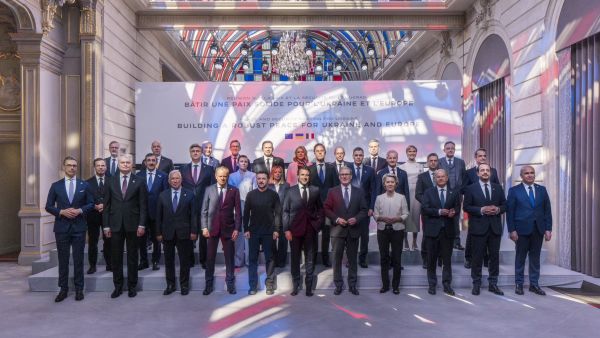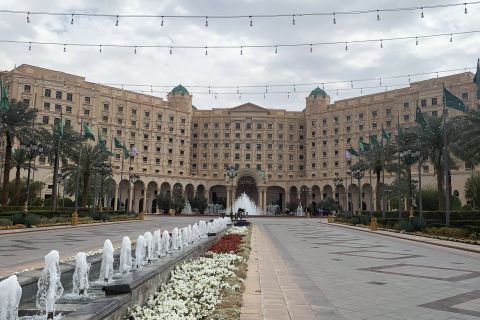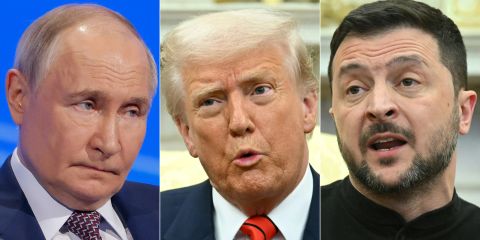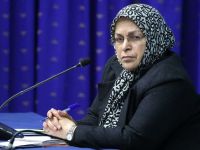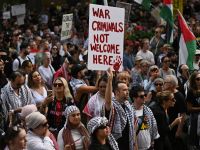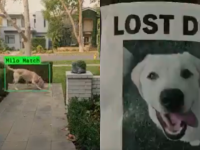ALBAWABA- European leaders gathered in Paris on Thursday for the latest meeting of the "coalition of the willing," a group of nations aiming to support Ukraine against Russia despite growing uncertainty over the U.S. commitment.
The meeting, attended by over 30 officials, was spearheaded by France and Britain, who have been leading efforts to establish a unified European response.
French President Emmanuel Macron confirmed that France and Britain have been officially mandated to lead the coalition's planning and coordination.
He announced that a "reassurance force" covering land, air, and maritime security would be deployed in Ukraine, stating, "It’s not up to Russia to decide whether there will be a reassurance force in Ukraine. There will be one, with participation from several countries."
Macron emphasized that the force would serve as a deterrent against further Russian aggression. He warned that halting sanctions on Moscow would be a grave mistake, insisting that "Russia is currently not interested in real peace." German Chancellor Olaf Scholz also firmly rejected any easing of sanctions.
Following his meeting with Macron in Paris, Ukrainian President Volodymyr Zelensky expressed hopes for "strong new decisions" from the summit. Discussions focused on immediate military aid, strengthening Ukraine’s forces, and securing a future ceasefire.
However, uncertainty remains over which countries will commit to specific roles in the coalition, as many European nations grapple with economic constraints.
Russian Foreign Ministry spokeswoman Maria Zakharova denounced the initiative as "military intervention in Ukraine under the guise of a peacekeeping mission," warning that it could lead to a direct confrontation between Russia and NATO.
As European leaders push ahead, the coalition's ability to act decisively in supporting Ukraine remains a pivotal question—one that could shape the future of European security and its stance against Russian aggression.



